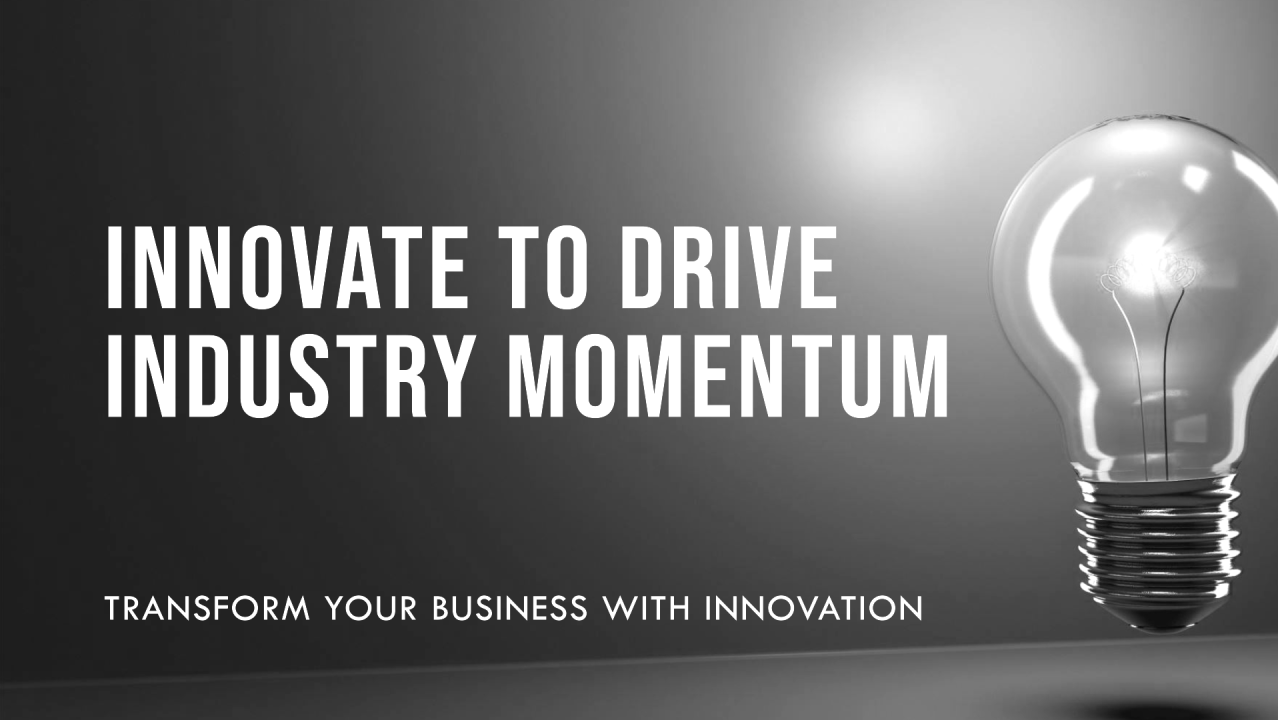Innovation is a vital force that shapes industries, drives growth, and fosters competitiveness in an ever-evolving world. Businesses across sectors are leveraging innovative technologies and practices to meet changing demands, streamline operations, and stay ahead of the curve. This article explores the key trends that are revolutionizing industries and paving the way for a more dynamic future.
The Role of Innovation in Industry Transformation
Innovation has become the backbone of progress. By introducing new technologies, processes, and business models, companies can overcome challenges and adapt to changing consumer behaviors. The following trends illustrate how innovation is reshaping industries worldwide.
Digital Transformation and Automation
Digital technologies are at the forefront of industry transformation, enabling businesses to operate more efficiently and effectively.
- Artificial Intelligence (AI): AI is revolutionizing industries by automating processes, improving decision-making, and personalizing customer experiences. In healthcare, for example, AI is used for diagnostic tools and predictive analytics, while in retail, it enhances inventory management and customer service.
- Robotics and Automation: Automation is streamlining manufacturing, logistics, and service industries. Robots perform repetitive tasks with precision, reducing costs and increasing productivity.
- Cloud Computing: Cloud technology allows businesses to store, process, and access data from anywhere, improving collaboration and reducing infrastructure costs.
Sustainability as a Driving Force
Sustainability is no longer optional; it’s a necessity for businesses aiming to thrive in the modern world.
- Renewable Energy Adoption: Companies are investing in solar, wind, and other renewable energy sources to reduce carbon footprints and meet sustainability goals.
- Circular Economy Practices: Businesses are designing products with recycling and reuse in mind, reducing waste and conserving resources.
- Green Technologies: Innovations such as energy-efficient buildings, electric vehicles, and biodegradable materials are helping industries transition to more sustainable practices.
The Rise of the Experience Economy
Consumers today value experiences over products, and businesses are adapting to meet these demands.
- Personalization: Companies are using data and AI to tailor experiences to individual preferences, enhancing customer satisfaction and loyalty.
- Augmented and Virtual Reality (AR/VR): AR and VR technologies are creating immersive experiences in sectors like retail, real estate, and entertainment.
- Subscription Models: Businesses are shifting to subscription services, offering convenience and ongoing engagement with customers.
The Internet of Things (IoT) and Smart Solutions
IoT technology connects devices and systems, enabling smarter operations and better decision-making.
- Smart Homes and Cities: IoT powers innovations like automated lighting, energy-efficient appliances, and intelligent traffic systems.
- Predictive Maintenance: Industries like manufacturing and logistics use IoT sensors to monitor equipment performance, reducing downtime and costs.
- Connected Healthcare: IoT devices, such as wearable fitness trackers, provide real-time health data, improving patient outcomes and preventive care.
The Evolution of Work
Workplaces are evolving as businesses embrace new tools and practices to increase productivity and employee satisfaction.
- Remote Work and Collaboration Tools: Platforms like Zoom, Slack, and Microsoft Teams enable remote teams to work seamlessly across locations.
- Upskilling and Reskilling: As technology advances, businesses are investing in employee training to bridge skill gaps and remain competitive.
- Flexible Work Arrangements: Companies are adopting hybrid work models and flexible hours to improve work-life balance and attract top talent.
The Future of Innovation
Innovation is a continuous journey, and its impact will only grow stronger in the coming years. Key areas of focus include:
- Artificial Intelligence Advancements: As AI becomes more sophisticated, industries will see even greater efficiencies and opportunities.
- Quantum Computing: This emerging technology has the potential to solve complex problems that are currently beyond the capabilities of traditional computers.
- Biotechnology Breakthroughs: Advances in gene editing, personalized medicine, and sustainable agriculture will transform healthcare and food production.
How Businesses Can Stay Ahead
To harness the power of innovation, businesses must embrace a proactive and open-minded approach. Here are some strategies to stay ahead:
- Invest in Research and Development: Allocate resources to explore new technologies and test innovative ideas.
- Foster a Culture of Innovation: Encourage creativity and experimentation within teams to uncover new opportunities.
- Collaborate and Partner: Work with startups, research institutions, and other organizations to accelerate innovation.
- Leverage Data: Use data-driven insights to make informed decisions and identify trends.
- Adopt Agile Practices: Implement flexible strategies to adapt quickly to changes in the market.
Conclusion
Innovation is not just a trend—it is the key to unlocking new opportunities and driving long-term success. From digital transformation to sustainability, the trends shaping industries today highlight the immense power of innovation to create a better, more efficient, and sustainable future. By embracing these changes and staying ahead of the curve, businesses can position themselves as leaders in their respective fields.
